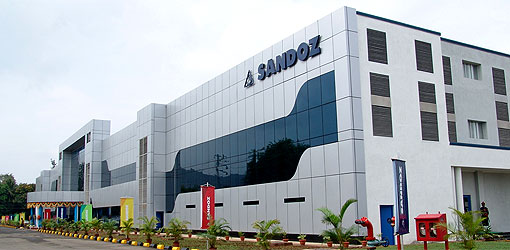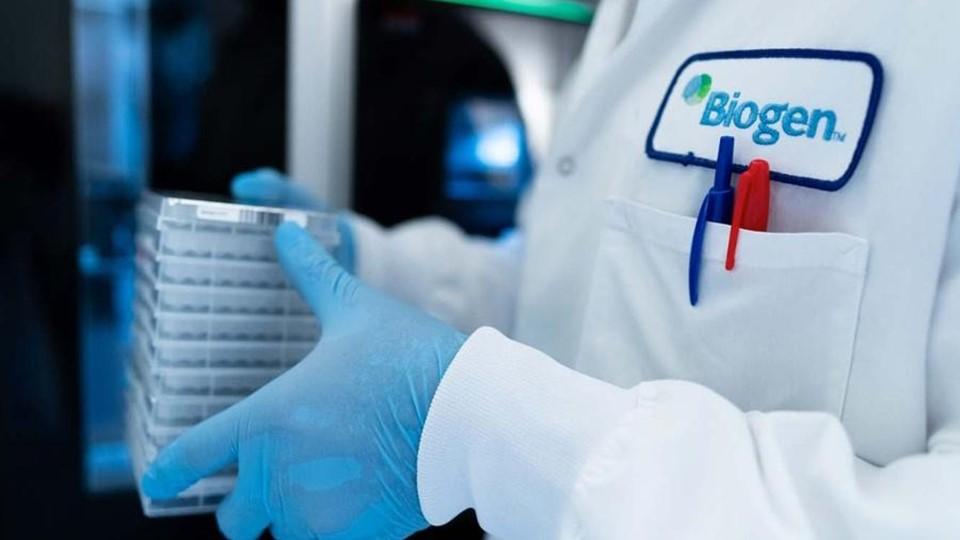Novartis strikes marketing deal for Polpharma's potential Tysabri biosimilar

Novartis’ biosimilars and generics arm Sandoz has struck a deal with Polpharma Biologics to market a proposed biosimilar of Biogen’s multiple sclerosis drug Tysabri (natalizumab).
Tysabri’s main US and European patents expired in 2015 but so far there are cheaper biosimilars approved by major regulators.
This means that the drug is still a blockbuster, bringing in $475 million for Biogen in Q2 alone, with sales still growing slightly despite competition from newer drugs that can be taken as pills, or have fewer side-effects.
Under the agreement Poland's Polpharma will still develop, manufacture and supply the proposed biosimilar, which is in phase 3 clinical development.
Sandoz will market and distribute it in all markets upon approval through an exclusive global license, but did not disclose further financial details.
This is the fifth potential biosimilar that Sandoz has in-licensed in nine months, as the company prepares for a likely split from Novartis while CEO Vas Narasimhan reshapes the company over the next few years.
As Tysabri is a complex biologic drug, which is manufactured in cells instead of using the giant chemistry sets used to make pills, it is not possible to make an exact copy.
However regulators have developed the biosimilar approval pathway that allows manufacturers to show their competitor is as safe and effective in the clinic as the originator.
As a result biosimilars are more expensive to develop than generics and are not sold at the rock-bottom prices seen with simpler drugs.
Nevertheless health systems can make substantial savings using biosimilars, which are usually available at a substantial discount compared with the originator.
Pierre Bourdage, ad interim Global Head of Biopharmaceuticals at Sandoz, said: “Patient access to advanced medicines is important for all people diagnosed with a chronic disease, but the challenges are very pronounced for MS patients.
“By nature, biosimilars create competition and cost savings, which are proven to make room in healthcare systems to treat more patients.
“With this agreement, we hope to build on our MS experience with small molecules and complex generics, and ultimately provide patients with expanded access to a (disease-modifying therapy) that healthcare systems may otherwise not be able to provide.”













